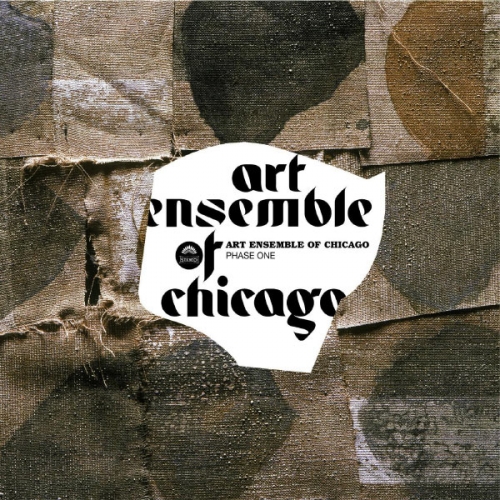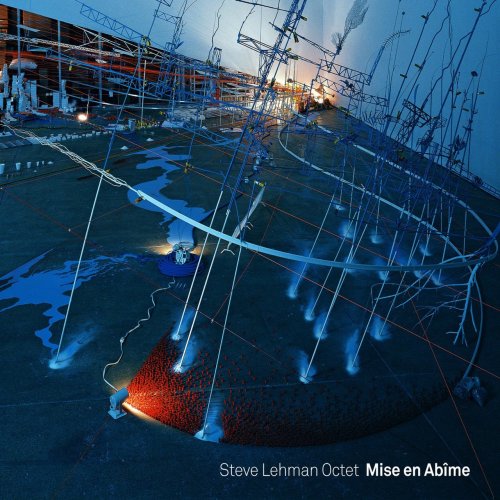Alison Cotton - Engelchen (2024) Hi Res

Artist: Alison Cotton
Title: Engelchen
Year Of Release: 2024
Label: Rocket Recordings
Genre: Psychedelic Folk, Drone
Quality: 320 kbps | FLAC (tracks) | 24Bit/44 kHz FLAC
Total Time: 00:39:20
Total Size: 92 mb | 221 mb | 420 mb
WebSite: Album Preview
Tracklist:Title: Engelchen
Year Of Release: 2024
Label: Rocket Recordings
Genre: Psychedelic Folk, Drone
Quality: 320 kbps | FLAC (tracks) | 24Bit/44 kHz FLAC
Total Time: 00:39:20
Total Size: 92 mb | 221 mb | 420 mb
WebSite: Album Preview
01. Alison Cotton - We Were Smuggling People's Lives
02. Alison Cotton - The Gramophone Circle Parties
03. Alison Cotton - Engelchen
04. Alison Cotton - The Letter Burning
05. Alison Cotton - Crépuscule
06. Alison Cotton - Dolphin Square
07. Alison Cotton - Engelchen Now
Engelchen literally translates as ‘little angels,' and for many in the febrile, dangerous era of the 1930s in Nazi-occupied Europe, as they wrote letters to arrange their paths out of danger as refugees, these were Ida and Louise Cook
Ida and Louise spent much of their early years in Sunderland, and in adulthood lived in a suburb of London with their parents. They were enormous fans of opera, and led relatively quiet and unfussy lives, Ida working for the civil service as a secretary and Louise as a writer of Mills & Boon romances under a pseudonym. Yet secretly these resourceful and eccentric women were using their musical obsessions as a means to help dozens of refugees escape with their lives.
Their secretive heroics now almost beggar belief, and when Alison Cotton, herself from Sunderland, first discovered their story, she couldn’t understand why it wasn’t more widely known. Furthermore, she was inspired by their courage, fortitude and derring-do to compose Engelchen, a musical tribute to the duo’s lives and work, first performed at Seventeen Ninteeten Holy Church in Sunderland and now a full-length release by Rocket Recordings.
Music was always central to the lives of Ida and Louise, not just in their imaginations and passions but in the way they used their pursuit of it to facilitate the work that has become their legacy. Ceaselessly travelling around Europe and particularly Germany to see their favourite sopranos and conductors, sending bouquets of roses to dressing rooms, taking photos and requesting autographs, they built both a pretext and a means to piece together the network of associations which helped them to save the lives of the Jewish people they worked with. This in itself has influenced Engelchen, a work which builds a bridge between the emotional intensity of the music that inspired the Cook sisters and the bravery and jeopardy of their lives.
Ida Cook sums up their utilitarian attitudes, which took them not only to Europe but on scarcely conceivable journeys to the US in the 1920s, here; “you never know what you can do until you refuse to take no for an answer. In this very amateur way, we did manage to rescue 29 people and set them on new lives. The same mentality that had made us reckon the expenses of our first American adventure to the final penny now enabled us to think in terms of adding shilling to shilling, week to week and effort to effort"
The first track ‘We Were Smuggling People’s Lives’ - a melancholic threnody rich with elegiac atmosphere and palpable danger - serves as a travelogue of sorts of the journeys that Ida and Louise would embark on. The title itself comes from the words of the sisters, relating to the fact that the refugees whose journeys they were arranging were unable to take any of their assets or money out of Germany, meaning Ida and Louise would themselves transport their possessions by stealth.
“We came into Croydon Airport each Friday evening with practically empty suitcases, shivering in our tweed suits and we went across the Dutch border on Sunday wearing furs, sparkling with jewellery and scarcely able to drag our bags. We were smuggling people's lives."
Elsewhere, the tracks of Engelchen equally dwell in the worlds of the Cook sisters and those that they rescued. Reflecting the way the sisters took succour from the music they loved whilst engaging in such demanding and tense work, ‘Crépsucule' is a version by Alison of one of their favourite arias from Jules Massenet, as sung by one of the sisters’s favourite sopranos, Amelita Galli Cuci, ‘Dolphin Square’ meanwhile is a psychogeographical piece that locates itself at the London flat that was put aside as the refugees’ destination in London.
A particularly emotive and powerful moment elsewhere is ‘The Letter Burning’, which reflects the fact that much of the correspondence related to the sisters work was burned by Louise. This was for reasons unclear, yet many have interpreted it as a gesture of remorse, haunted by memories of the past and beset by angst at all those she couldn’t do more for.
Throughout, this story is relayed by Alison Cotton, whether acapella or by means of richly emotive string arrangements, with a deftness of touch, sensitivity and intensity that matches the feverish nature of the experiences and the unforgiving environs in which they took place. Summoning foley work to sum up the atmospheres of the sister’s journeys (from train noises to the sound of gulls on the English coast, to the ominous military drumbeat) Engelchen is a transporting work whose spirit is situated in a very specific time and place.
Nontheless, the story of Ida and Louise Cook reflects themes that extends beyond history in the here and now, In putting together Engelchen, Alison met up with refugees living in the UK today via the charity North East Rise to discover the challenges they’ve faced on their journey, and those experiences ultimately found their way into a new version of the piece’s eponymous track, connecting the Cook sisters story to 2024.
This is more than merely an inspirational tribute to two mavericks who beat the odds in an unforgettable feat of altruism. It’s a celebration of the human spirit, one that reflects a universality in its narrative which transcends the boundaries of history and impacts very urgently on our daily lives. Whatever attempts may be made to tell this story, it’s hard to imagine one that resonates deeper than Engelchen.
Ida and Louise spent much of their early years in Sunderland, and in adulthood lived in a suburb of London with their parents. They were enormous fans of opera, and led relatively quiet and unfussy lives, Ida working for the civil service as a secretary and Louise as a writer of Mills & Boon romances under a pseudonym. Yet secretly these resourceful and eccentric women were using their musical obsessions as a means to help dozens of refugees escape with their lives.
Their secretive heroics now almost beggar belief, and when Alison Cotton, herself from Sunderland, first discovered their story, she couldn’t understand why it wasn’t more widely known. Furthermore, she was inspired by their courage, fortitude and derring-do to compose Engelchen, a musical tribute to the duo’s lives and work, first performed at Seventeen Ninteeten Holy Church in Sunderland and now a full-length release by Rocket Recordings.
Music was always central to the lives of Ida and Louise, not just in their imaginations and passions but in the way they used their pursuit of it to facilitate the work that has become their legacy. Ceaselessly travelling around Europe and particularly Germany to see their favourite sopranos and conductors, sending bouquets of roses to dressing rooms, taking photos and requesting autographs, they built both a pretext and a means to piece together the network of associations which helped them to save the lives of the Jewish people they worked with. This in itself has influenced Engelchen, a work which builds a bridge between the emotional intensity of the music that inspired the Cook sisters and the bravery and jeopardy of their lives.
Ida Cook sums up their utilitarian attitudes, which took them not only to Europe but on scarcely conceivable journeys to the US in the 1920s, here; “you never know what you can do until you refuse to take no for an answer. In this very amateur way, we did manage to rescue 29 people and set them on new lives. The same mentality that had made us reckon the expenses of our first American adventure to the final penny now enabled us to think in terms of adding shilling to shilling, week to week and effort to effort"
The first track ‘We Were Smuggling People’s Lives’ - a melancholic threnody rich with elegiac atmosphere and palpable danger - serves as a travelogue of sorts of the journeys that Ida and Louise would embark on. The title itself comes from the words of the sisters, relating to the fact that the refugees whose journeys they were arranging were unable to take any of their assets or money out of Germany, meaning Ida and Louise would themselves transport their possessions by stealth.
“We came into Croydon Airport each Friday evening with practically empty suitcases, shivering in our tweed suits and we went across the Dutch border on Sunday wearing furs, sparkling with jewellery and scarcely able to drag our bags. We were smuggling people's lives."
Elsewhere, the tracks of Engelchen equally dwell in the worlds of the Cook sisters and those that they rescued. Reflecting the way the sisters took succour from the music they loved whilst engaging in such demanding and tense work, ‘Crépsucule' is a version by Alison of one of their favourite arias from Jules Massenet, as sung by one of the sisters’s favourite sopranos, Amelita Galli Cuci, ‘Dolphin Square’ meanwhile is a psychogeographical piece that locates itself at the London flat that was put aside as the refugees’ destination in London.
A particularly emotive and powerful moment elsewhere is ‘The Letter Burning’, which reflects the fact that much of the correspondence related to the sisters work was burned by Louise. This was for reasons unclear, yet many have interpreted it as a gesture of remorse, haunted by memories of the past and beset by angst at all those she couldn’t do more for.
Throughout, this story is relayed by Alison Cotton, whether acapella or by means of richly emotive string arrangements, with a deftness of touch, sensitivity and intensity that matches the feverish nature of the experiences and the unforgiving environs in which they took place. Summoning foley work to sum up the atmospheres of the sister’s journeys (from train noises to the sound of gulls on the English coast, to the ominous military drumbeat) Engelchen is a transporting work whose spirit is situated in a very specific time and place.
Nontheless, the story of Ida and Louise Cook reflects themes that extends beyond history in the here and now, In putting together Engelchen, Alison met up with refugees living in the UK today via the charity North East Rise to discover the challenges they’ve faced on their journey, and those experiences ultimately found their way into a new version of the piece’s eponymous track, connecting the Cook sisters story to 2024.
This is more than merely an inspirational tribute to two mavericks who beat the odds in an unforgettable feat of altruism. It’s a celebration of the human spirit, one that reflects a universality in its narrative which transcends the boundaries of history and impacts very urgently on our daily lives. Whatever attempts may be made to tell this story, it’s hard to imagine one that resonates deeper than Engelchen.
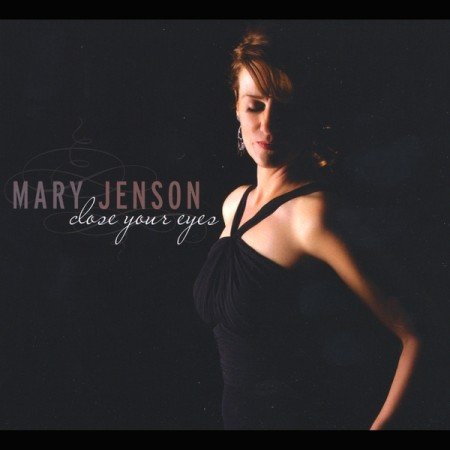


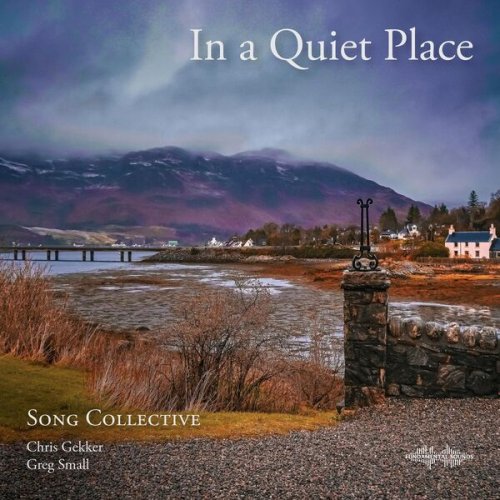
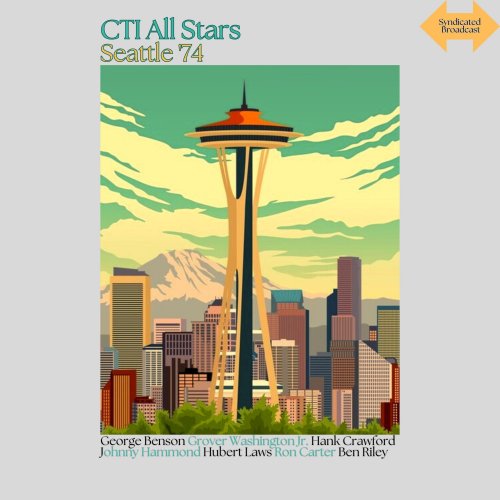
![The Mood Mosaic - Soul Allure (2026) [Hi-Res] The Mood Mosaic - Soul Allure (2026) [Hi-Res]](https://www.dibpic.com/uploads/posts/2026-01/1767930779_j8tt8dryg8d9a_600.jpg)
